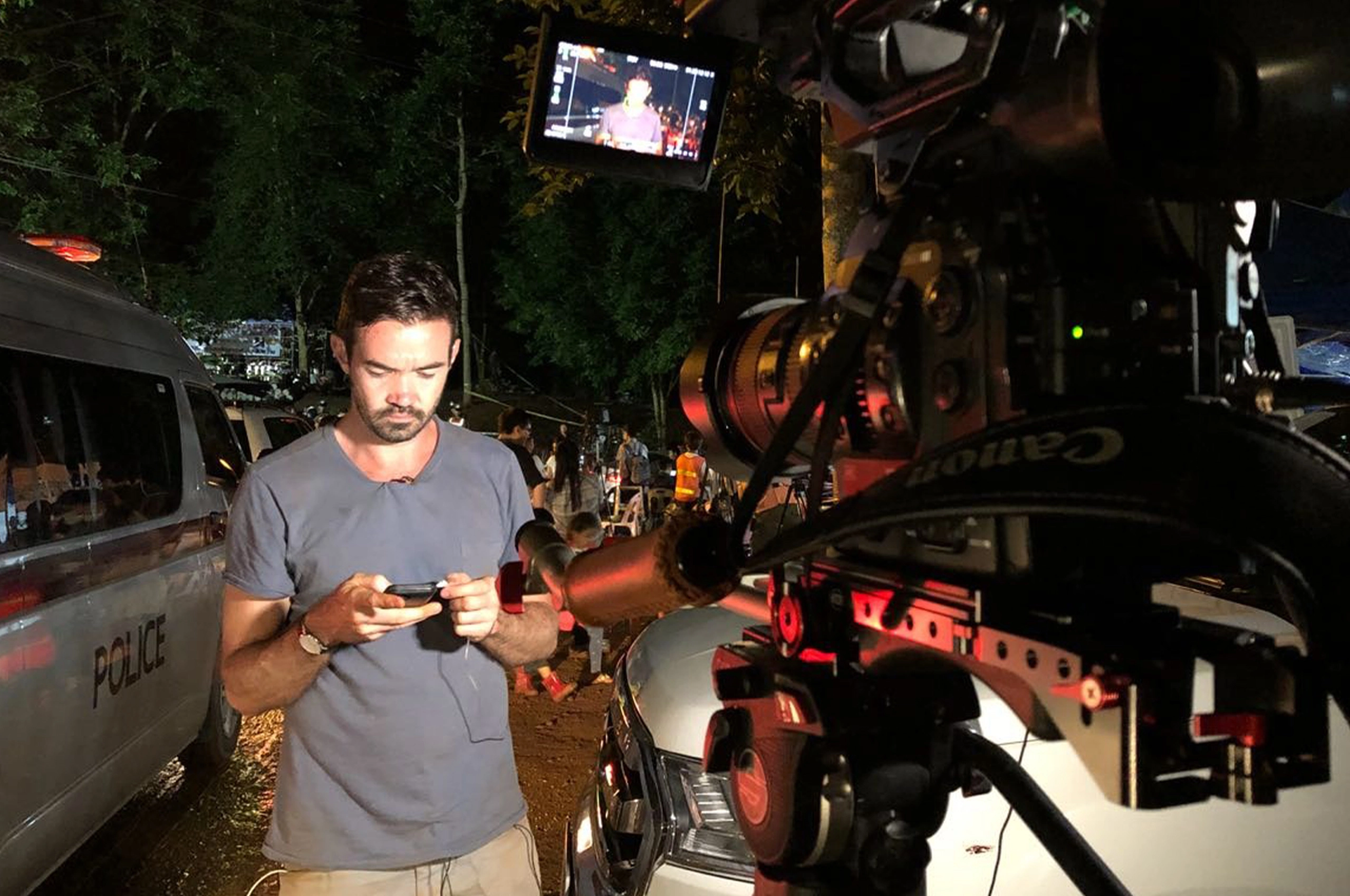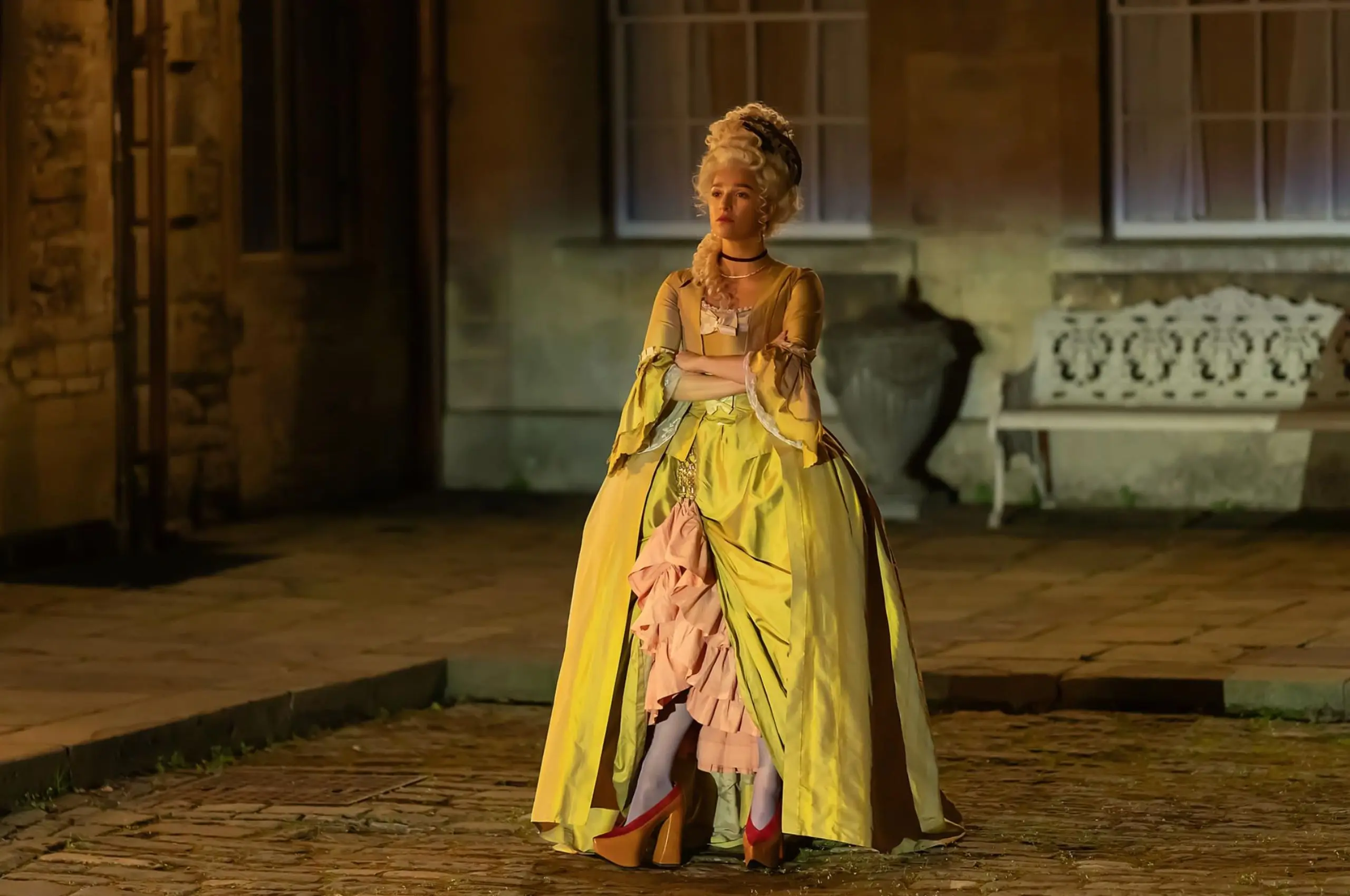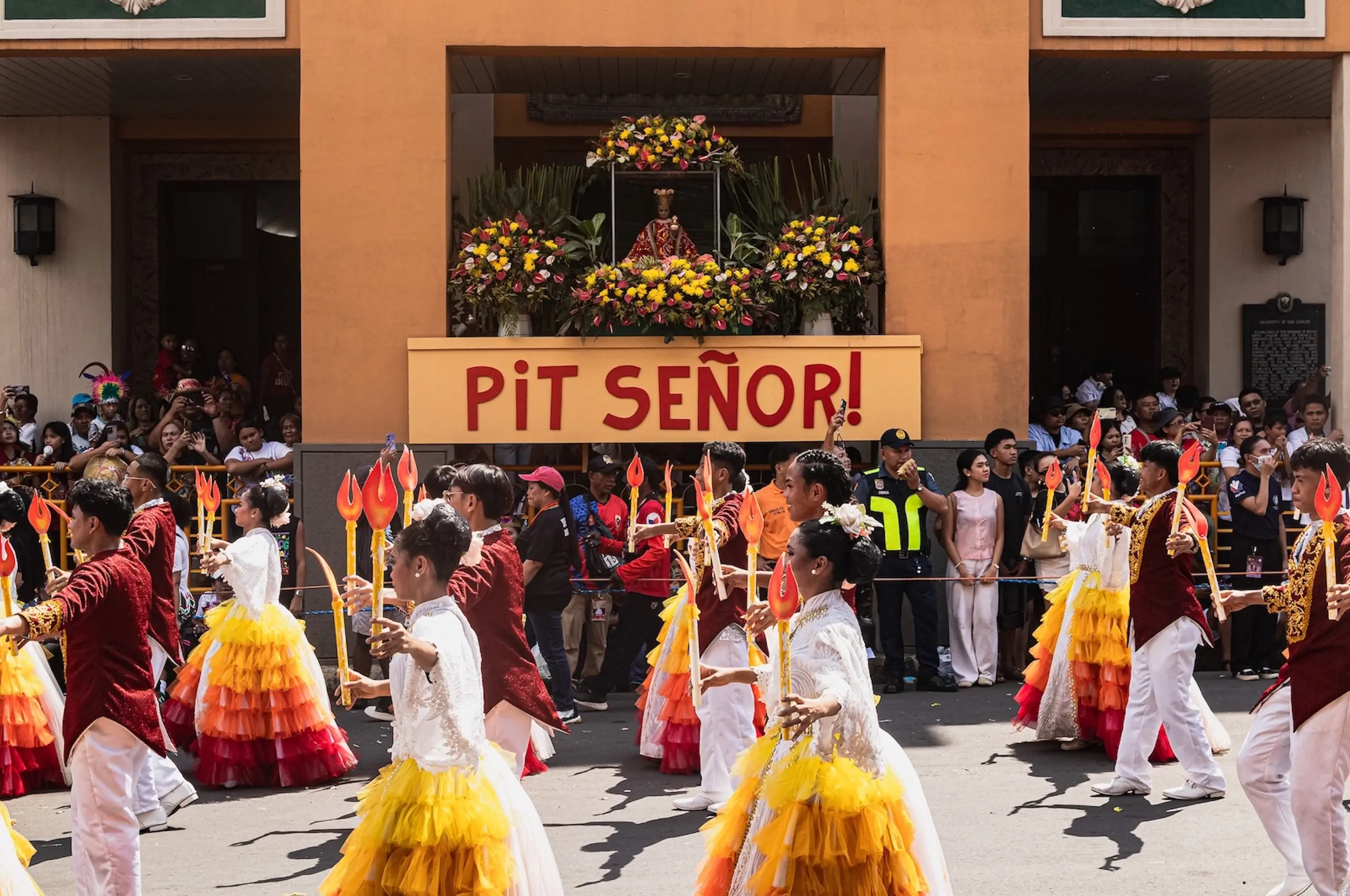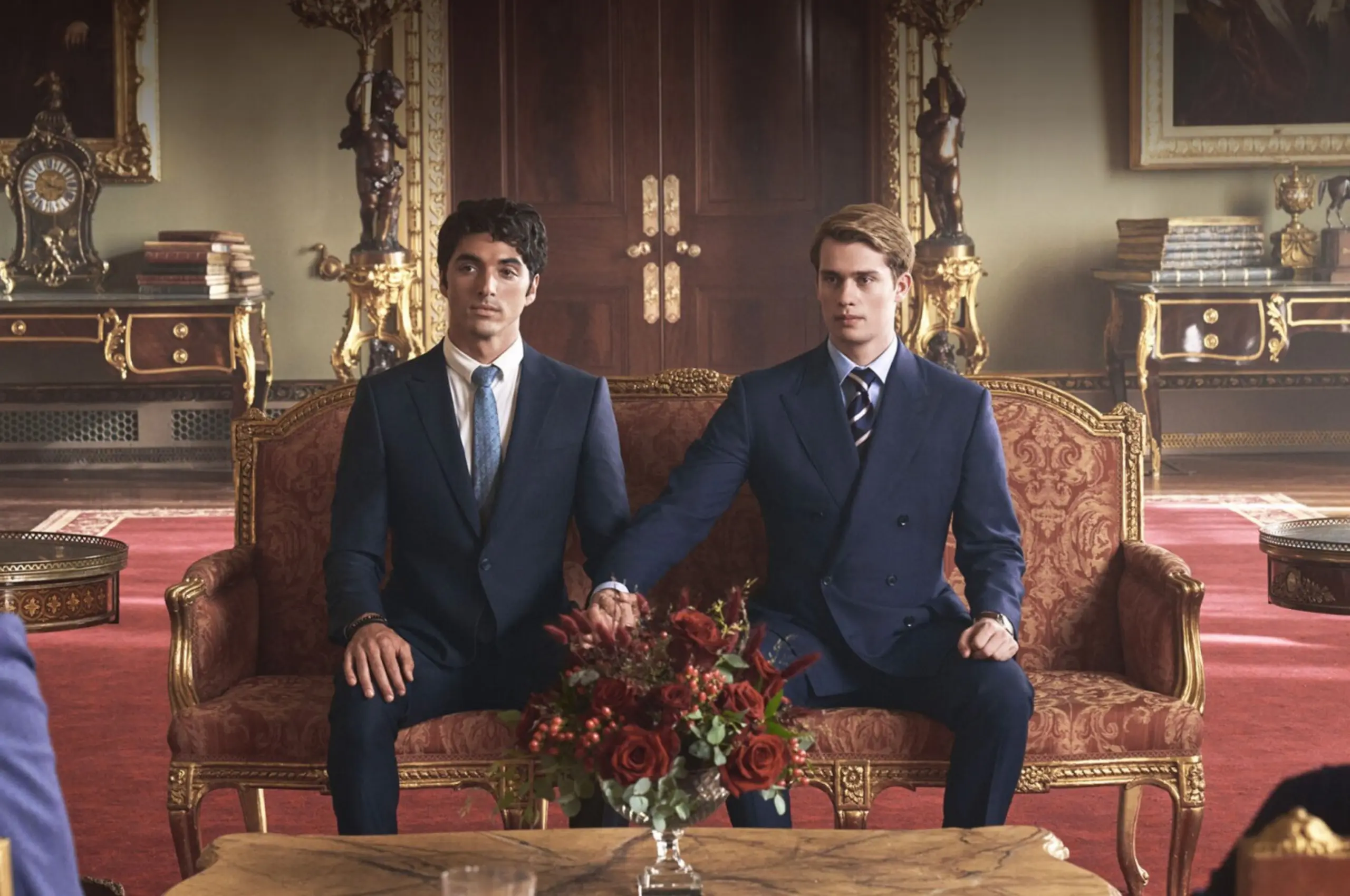When a deadbeat middle-manager asked me to file a soft feature about jeepneys, I flatly refused. This was in 2017, when I was assigned to cover the Philippines as a foreign correspondent for BBC News. 2017 also marked one year into the blood-letting of former President Rodrigo “The Punisher” Duterte’s war on drugs, in which thousands of suspected drug addicts were killed in cold blood. I reasoned filming a piece about jeepneys during this time as being like a reporter arriving in Auschwitz in 1944 and covering an Alsatian pageant contest.
Instead, I committed to documenting how bodies were mysteriously dumped in the Pasig River and conducting interviews with key drug war protagonists like The Punisher’s protégé, former Chief of the Philippine National Police, now re-electionist Senator Ronald “Bato” Dela Rosa. These were stories I hoped would make the world sit up and pay attention.
Foreign correspondents landing in Manila for the midterm elections have a unique responsibility to speak unbridled truth to power. Free from family or reputational ties within the Philippines, a visiting journalist can sidestep the emperor’s new clothes and call out powerful people’s delusions; to say the excruciatingly awkward things everyone is thinking, but dare not say — like in 2018, when I asked then-presidential aspirant Ferdinand “Bongbong” Marcos Jr. if he would rule the country like his autocrat father, Ferdinand Marcos Sr. Bongbong refused to answer my question until I pressed him six times, and only then did he offer a mumbled reply which equated to, “Let’s see!”
The foreign journo scene can be quite cliquey and, ironically, is mainly staffed by non-foreigners. So, if you’re a foreign correspondent and you arrive in the Philippines, you will probably be the source of some good old-fashioned tsismis. And like anywhere else in the world, someone will inevitably label you a “parachute journalist” — a derogatory term that implies a visiting journalist doesn’t have any real understanding of the country.
But fuck them. If you do thorough research and work harder than everyone, you will make a difference.
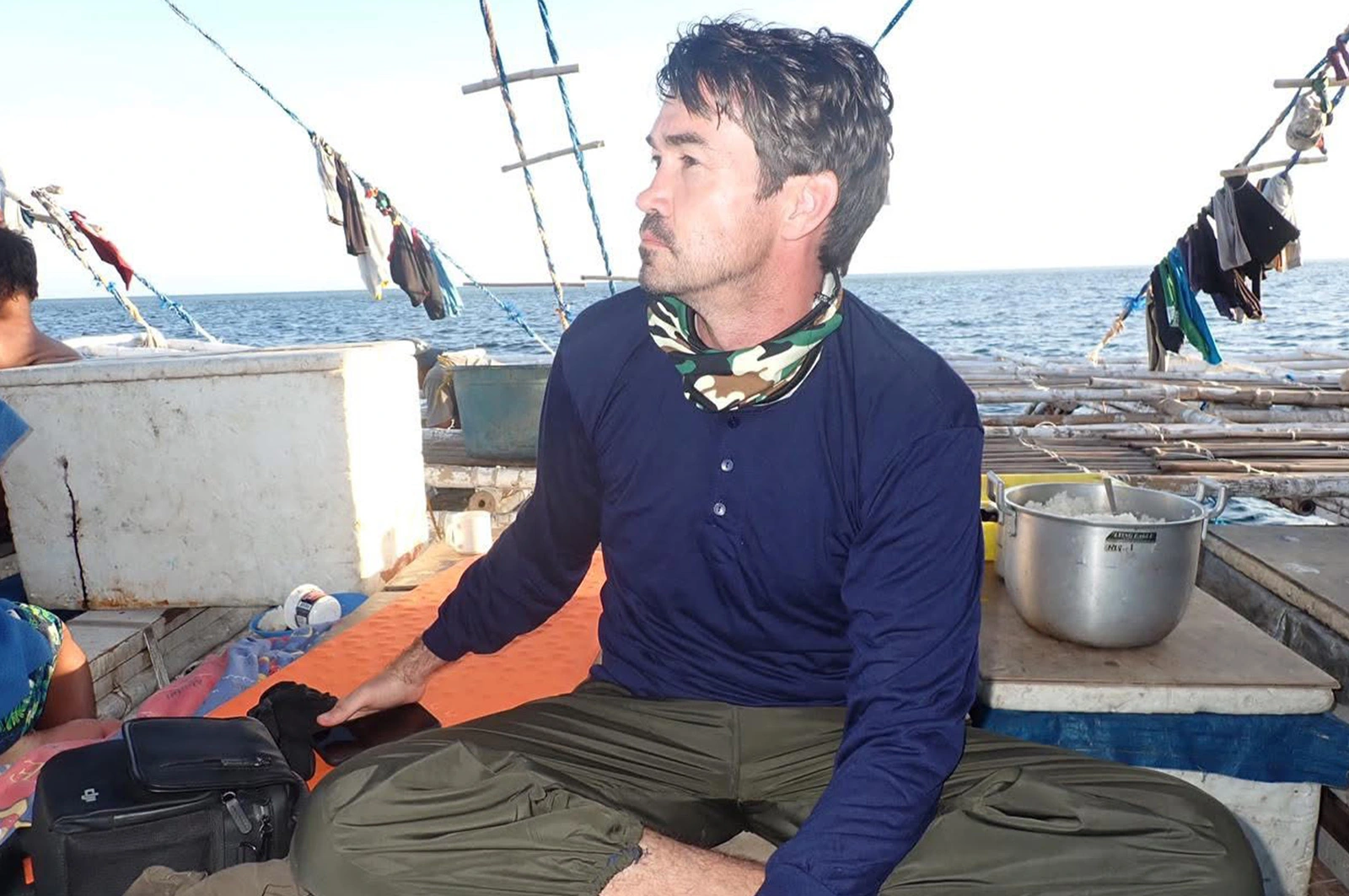
Fortune Favors the Bold
In the 1980s, the British Broadcasting Corporation (BBC) released To Sing Our Own Song, a 50-minute documentary narrated by Jose W. Diokno, who, at the time, was a prominent opposition figure of the Marcos Sr. presidency.
Diokno detailed the corruption and human rights abuses under Marcos’ opulent administration, causing great inequity and mass poverty. I was gobsmacked by how the Marcos family bent the law to enforce their self-interest, imposing martial law in 1972 to strengthen his grip in the name of fighting communism. But unlike the December 2024 uprising in South Korea, which saw the country’s president Yoon Suk Yeol impeached, Filipinos were initially powerless to overturn Marcos. This kind of injustice — poor people being brazenly fucked over by the rich — had always pissed me off. So when, in 2017, I was stationed in the Philippines, I felt I had a baseline understanding of some of the issues at play.
But it was easier said than done, needing to prove myself to a country I’d never been to. I spoke to as many Filipinos as I could before I arrived, gobbled up articles, and read the classics — like Philippine National Hero Jose Rizal’s novel Noli Me Tangere, about Spanish cultural oppression, and Nick Joaquin’s depiction of post-World War II Philippines in The Woman Who Had Two Navels. I also read In Our Image: America’s Empire in the Philippines by journalist and historian Stanley Karnow about the legacy of American colonial rule, and the 1987 Philippine Constitution, which I read cover to cover and carried in my camera bag wherever I went.
Once in Manila, I applied something I learned while working in India in 2010: To really understand a country, you must let it wash over you. Embrace it, don’t fight it. Leave the gruff, pointy-headed journalist behind, and the country will open up to you.
Although work was mostly pretty serious, I gathered it with good grace. A prime example is smiling and being polite with Harry Roque, the former human rights lawyer-turned-drug war apologist, after enduring a bruising 20-minute toe-to-toe interview on rights abuses. Years later, I saw him jiggling around on a stage for President Marcos Jr.’s election campaign. I just laughed.
Read the rest of the story in the first print issue of Rolling Stone Philippines. For more information, please visit Sari.Sari.Shopping.
Dive into the captivating world of Music, State of Affairs, and Culture with Rolling Stone Philippines Digital Access. Plans start at $5/month.

